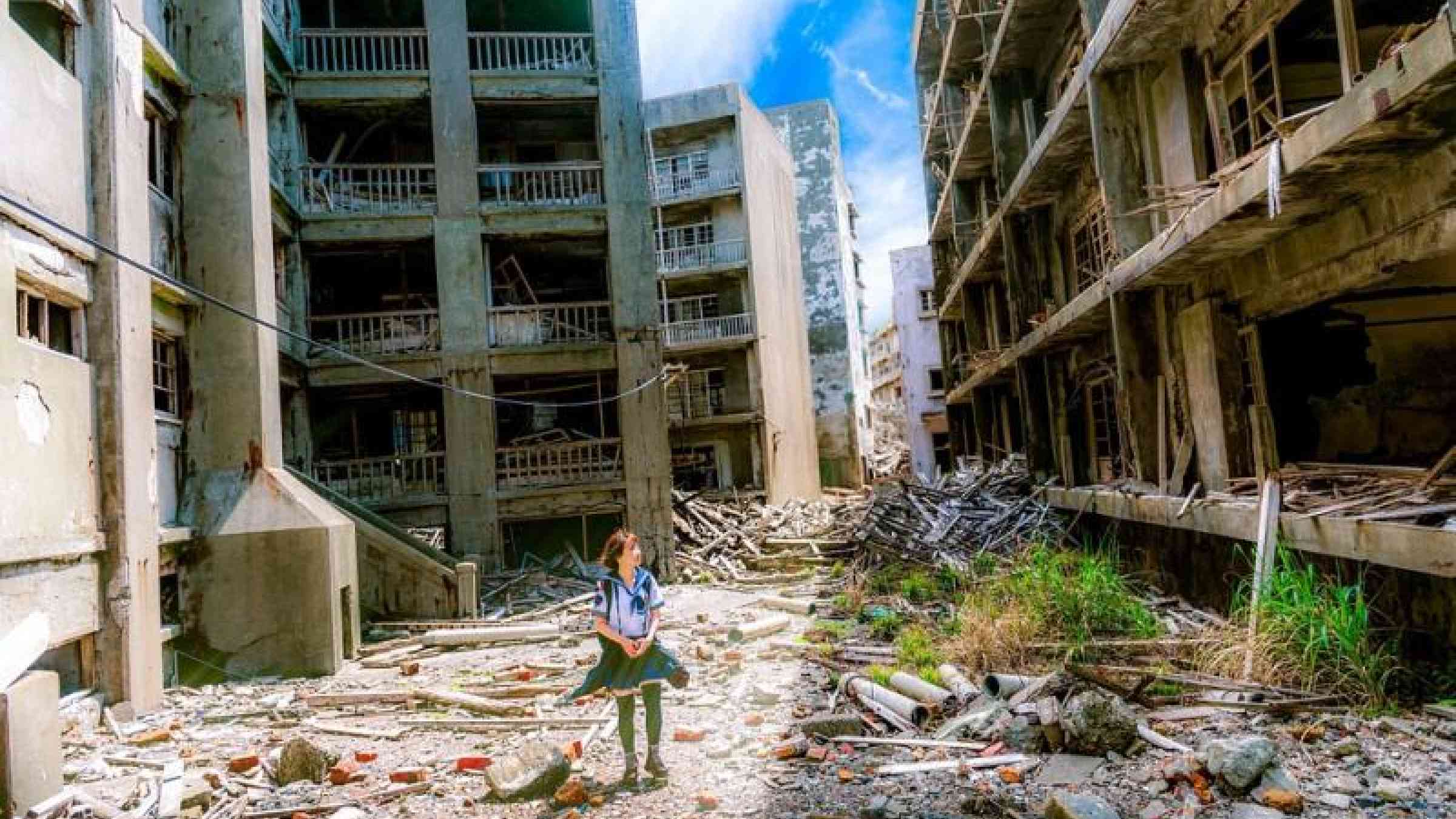New study calls for humanitarians and private sector to 'learn each other's language' on risk

A working paper published by the Climate Centre today argues for the Red Cross and Red Crescent Movement to “reimagine” its engagement with the private sector in addressing the humanitarian consequences of climate change.
The innovations, investments, products and services, and political influence of corporations, large and small, “are essential for enhancing the resilience of marginalized and vulnerable communities across the world in the face of climate variability and weather extremes,” says Companies and Climate Resilience: Mobilizing the power of the private sector to address climate risks.
“The private sector has emerged as a source of significant climate leadership,” the new paper says.
“More than 6,000 companies and investors from 120 countries, representing at least US$36 trillion in revenue, or half the global economy, have made ambitious climate commitments.”
Vulnerability
Most are focused on mitigation – the reduction of emissions – but it is “now time for those companies to demonstrate leadership on climate resilience,” the paper argues.
Businesses, it says, need to do more to incorporate the humanitarian concept of vulnerability in their analysis of climate risk, leverage the “strong parallels” between the Movement’s definition of a “resilient community” and the main elements of the corporate version of resilience, through the availability of human, social, natural, physical, financial and political capital.
It stresses that the small and medium enterprises that generate 60 and 62 per cent of employment in Africa and Asia respectively “are instrumental in restoring economic activity at the community level following disasters; the faster the business community recovers from a disaster, the faster the wider community will recover.”
The IFRC’s own Framework for Climate Action Towards 2020 pledged “[p]articular attention [to] how we can work more concretely with the private sector to better understand and reduce risk and scale up climate action.”
‘Powerful partners’
Growing recognition of the importance of deeper understanding of climate risks and resilience within SMEs is a trend which further underlines the need for “effective partnerships in the service of front-line communities,” the working paper added.
It concludes that businesses must move beyond an already impressive focus on questions of mitigation and policy in favour of “a greater emphasis on resilience”, especially given companies’ “capacity to mobilize finance that dwarfs the current investments from public funds and the humanitarian sector.”
Companies, it argues, can be powerful partners in advocating a greater public policy focus on resilience, including addressing the “structural discrimination” that intensifies risk.
They have their limitations, sometimes focusing on hazards at the expense of vulnerability – at worst pursuing strategies that lead to maladaptation, while the humanitarian sector needs to “adopt the motivations, incentives, priorities and language of the private sector.”
Companies and Climate Resilience was compiled by a team from the Climate Centre and Edward Cameron– an independent advisor to companies, governments and international organizations.
“Humanitarians need increased investment in climate-risk management and adaptation,” he said today, “and they can do much more through concrete strategies to address climate risks with private companies.
“The private sector can work in parallel with the humanitarian sector to shape the future of risk management, including the all-important use of climate information across timescales that can link early warning to early action.
“After another year of climate extremes that again saw deadly heatwaves in Europe and monsoon floods affecting many millions in Asia, the way is clear for the Red Cross Red Crescent Movement to harness the power of the private sector to improve community resilience worldwide.”